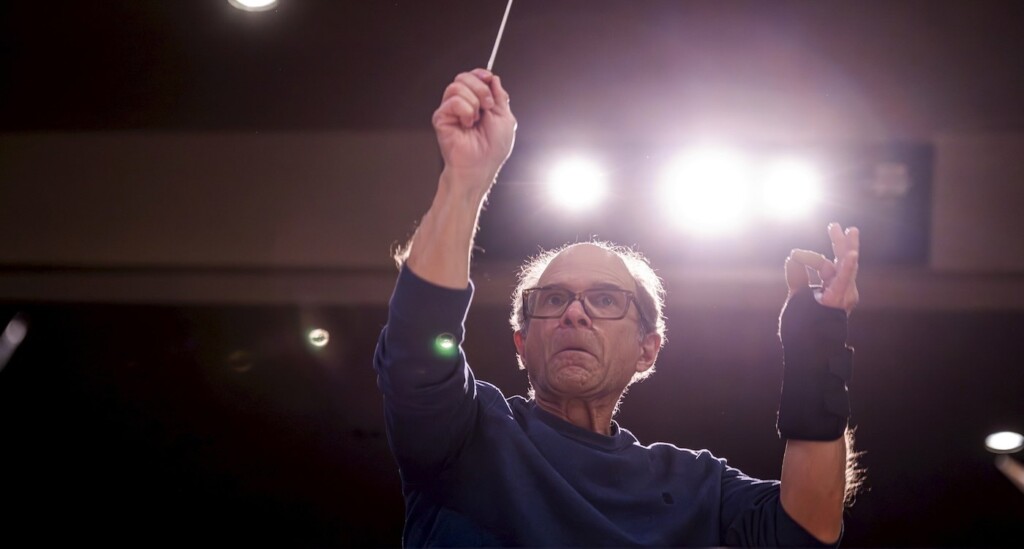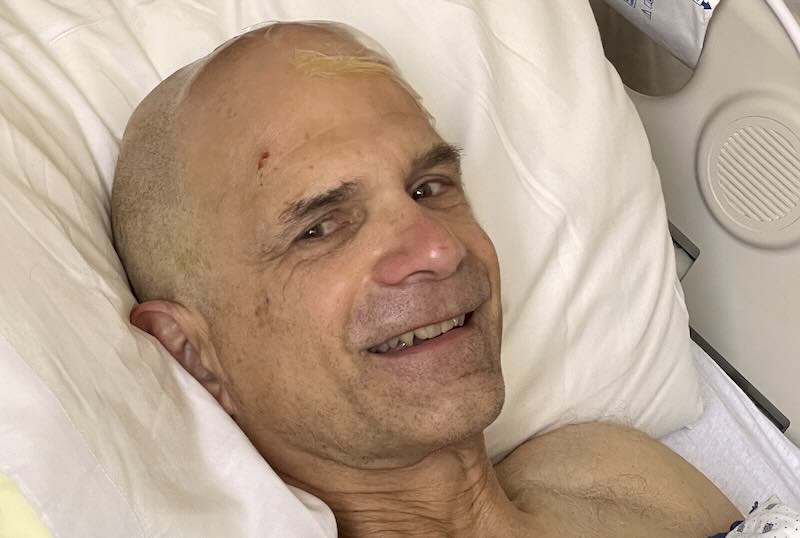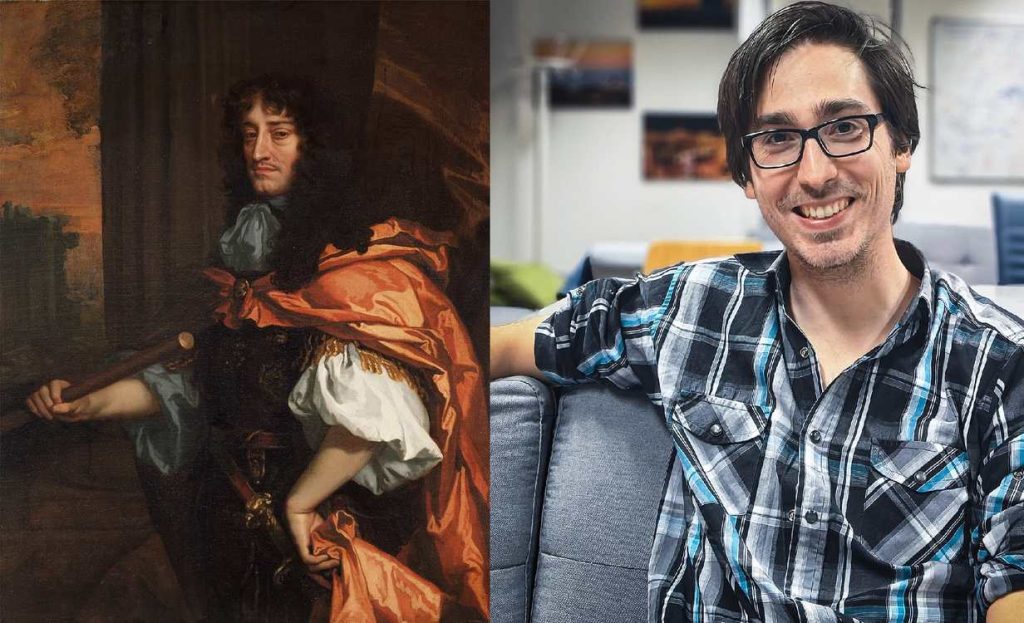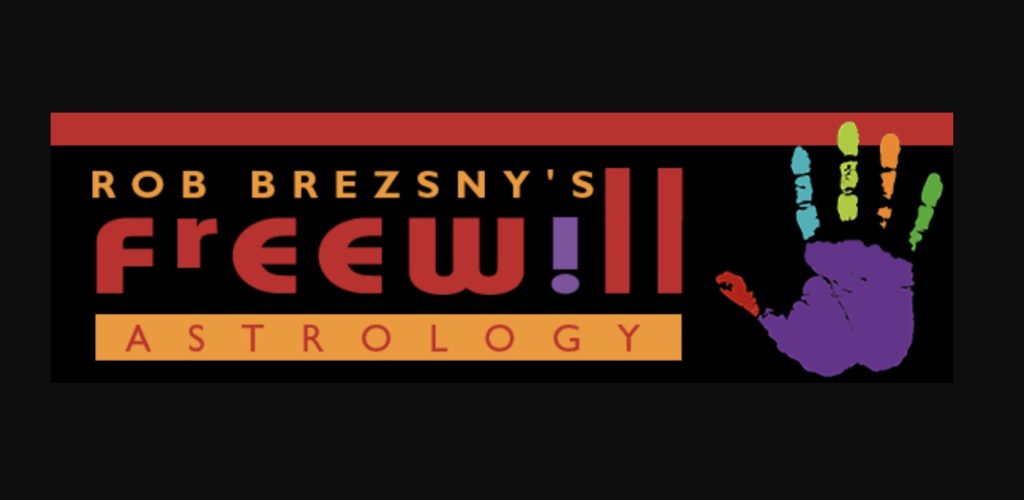Inspiring tales often arise from the most challenging struggles, and Rand Laycock’s journey is a beautiful example of resilience. This Ohio conductor’s determination to reclaim his passion for music showcases the transformative power of medical innovation and hope.

Rand Laycock, a talented music conductor, faced an unexpected obstacle when he was diagnosed with Parkinson’s disease just before his 60th birthday. It all began with a subtle twitch in his thumb, which slowly progressed, affecting his ability to lead his 100-piece orchestra.
Over the years, the tremors in his right hand became increasingly difficult to manage. Rand, whose heart beats in time with the music, found his passion wavering as the shaking intensified, especially during performances where pressure was high.
Desperate to regain his control, Rand discovered an innovative treatment called deep brain stimulation (DBS) at the Cleveland Clinic. After undergoing surgery, he was fitted with a device that delivered gentle electrical currents to the affected areas of his brain, drastically reducing the tremors.
“My tremor is nearly gone,” he shared with a sense of relief. “It only returns when I’m under extreme stress.” Feeling empowered for the first time in years, Rand reflected on his journey with optimism. “When I was diagnosed, my doctor assured me that advancements would come. Here I am, benefiting from something we hadn’t even dreamed of back then,” he expressed, his voice full of gratitude.

Dr. Michal Gostkowski, a neurologist at the clinic, explained how DBS works by sending currents to target areas of the brain, helping to balance the abnormal signals caused by Parkinson’s. After the initial surgery to insert the device, further adjustments were made to fine-tune its settings to ensure optimal results for Rand.
With positive outcomes from DBS, Rand was introduced to an even newer technology called adaptive deep brain stimulation (aDBS). This innovative development adjusts the device’s settings in real time, tailored to his symptoms as they fluctuate throughout the day.
Excited about the simplicity and convenience aDBS offered, Rand agreed to be among the first to try it out. “It feels like I finally have the freedom to focus on making music again, without constant adjustments or worries,” he remarked, a smile breaking across his face.
Since starting aDBS in March, Rand’s tremors have almost entirely vanished, allowing him to step back onto the podium with confidence. “The change is remarkable,” he reflected, a twinkle in his eye as he prepares for his 47th year of conducting. “Thanks to this breakthrough technology, I can enjoy my passion once more.”
Celebrate Rand’s triumphant story and share his journey to inspire others grappling with similar battles. Together, we can spread hope for all those facing challenges.
WATCH the inspiring video from the Cleveland Clinic…
If you would like to see similar good news stories click here & Share this to brighten someone’s day.




